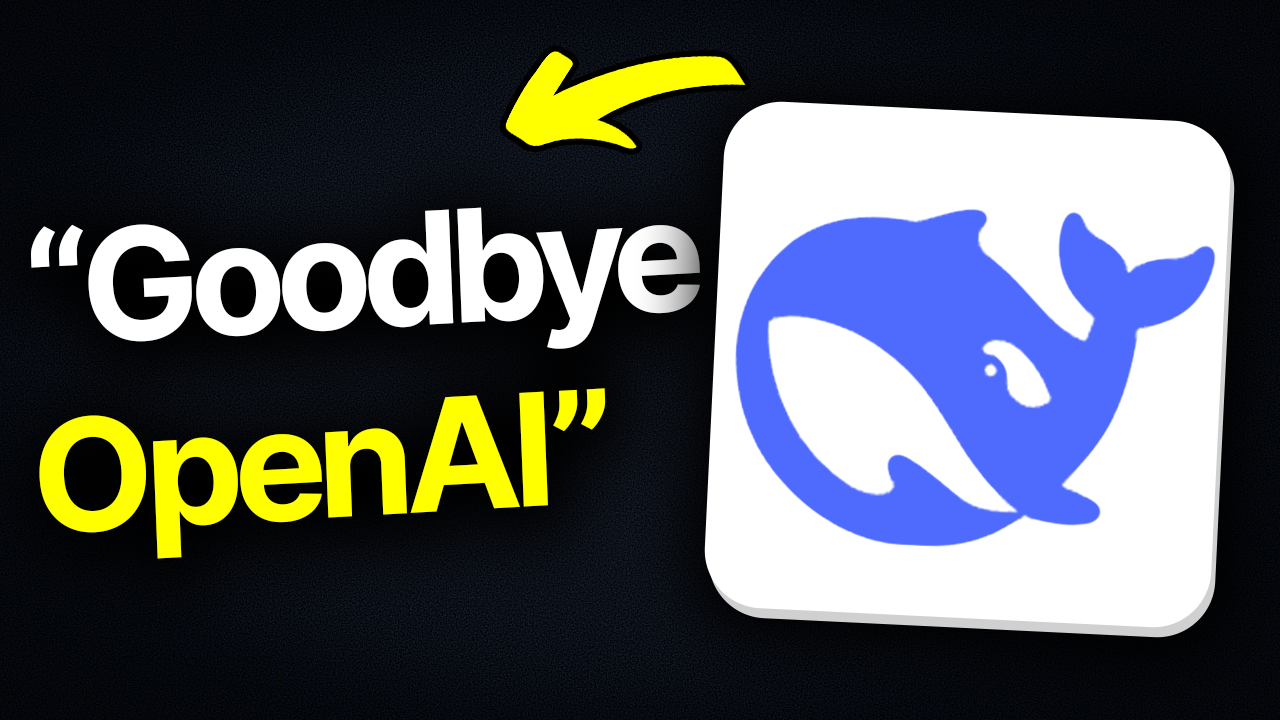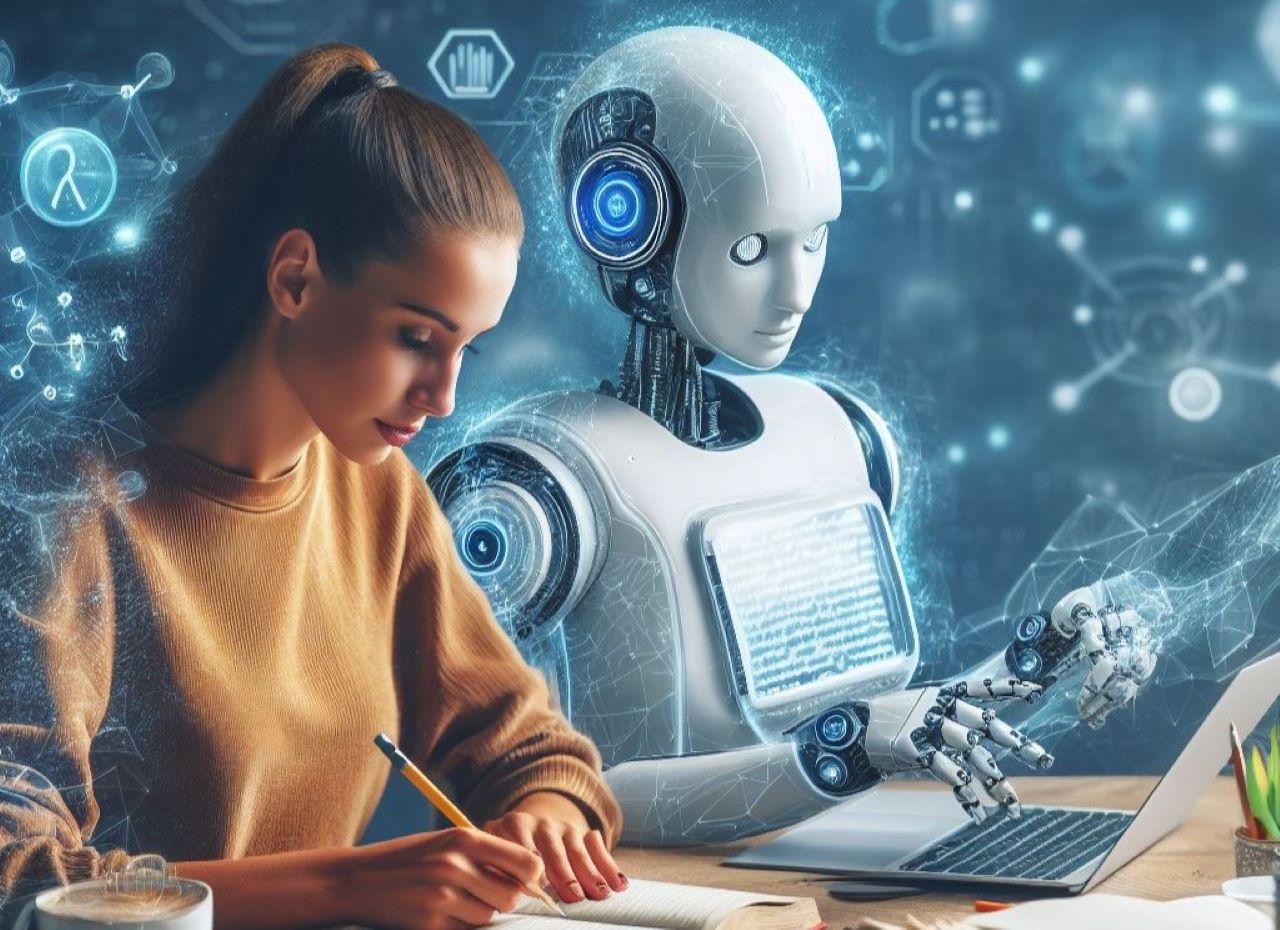
For Christmas I received a fascinating present from a pal - my extremely own "very popular" book.
"Tech-Splaining for Dummies" (terrific title) bears my name and my image on its cover, and it has radiant reviews.

Yet it was entirely written by AI, with a couple of easy triggers about me provided by my pal Janet.
It's a fascinating read, and uproarious in parts. But it likewise meanders rather a lot, and is somewhere between a self-help book and a stream of anecdotes.
It simulates my chatty design of composing, but it's likewise a bit repeated, and really verbose. It might have gone beyond Janet's triggers in collecting information about me.
Several sentences begin "as a leading innovation journalist ..." - cringe - which might have been scraped from an online bio.
There's also a mysterious, repetitive hallucination in the type of my cat (I have no pets). And there's a metaphor on almost every page - some more random than others.
There are dozens of business online offering AI-book writing services. My book was from BookByAnyone.
When I got in touch with the primary executive Adir Mashiach, bio.rogstecnologia.com.br based in Israel, he told me he had sold around 150,000 customised books, generally in the US, since rotating from compiling AI-generated travel guides in June 2024.
A paperback copy of your own 240-page long best-seller costs ₤ 26. The company uses its own AI tools to create them, based upon an open source large language model.
I'm not asking you to buy my book. Actually you can't - only Janet, who produced it, can buy any more copies.
There is currently no barrier to anyone developing one in any person's name, including stars - although Mr Mashiach says there are guardrails around violent content. Each book includes a printed disclaimer specifying that it is imaginary, developed by AI, and developed "exclusively to bring humour and joy".
Legally, the copyright belongs to the firm, however Mr Mashiach worries that the item is meant as a "customised gag present", and the books do not get sold further.
He hopes to widen his range, generating various categories such as sci-fi, and possibly using an autobiography service. It's developed to be a light-hearted form of consumer AI - selling AI-generated goods to human clients.
It's likewise a bit frightening if, like me, iuridictum.pecina.cz you compose for a living. Not least since it most likely took less than a minute to create, and it does, qoocle.com definitely in some parts, sound similar to me.
Musicians, authors, artists and stars worldwide have actually expressed alarm about their work being used to train generative AI tools that then produce similar content based upon it.
"We ought to be clear, when we are speaking about data here, we actually imply human creators' life works," says Ed Newton Rex, creator of Fairly Trained, which campaigns for AI firms to regard developers' rights.
"This is books, this is posts, this is pictures. It's masterpieces. It's records ... The whole point of AI training is to find out how to do something and then do more like that."
In 2023 a song featuring AI-generated voices of Canadian singers Drake and The Weeknd went viral on social media before being pulled from streaming platforms since it was not their work and they had actually not consented to it. It didn't stop the track's developer attempting to nominate it for a Grammy award. And even though the artists were fake, it was still wildly popular.
"I do not believe the use of generative AI for imaginative purposes should be banned, however I do think that generative AI for these functions that is trained on individuals's work without permission ought to be banned," Mr Newton Rex includes. "AI can be really powerful however let's develop it ethically and fairly."
OpenAI states Chinese rivals utilizing its work for their AI apps
DeepSeek: The Chinese AI app that has the world talking
China's DeepSeek AI shakes market and dents America's swagger
In the UK some organisations - consisting of the BBC - have picked to obstruct AI developers from trawling their online content for training purposes. Others have actually decided to collaborate - the Financial Times has partnered with ChatGPT developer OpenAI for instance.
The UK government is thinking about an overhaul of the law that would enable AI developers to utilize developers' content on the internet to assist develop their models, unless the rights holders pull out.
Ed Newton Rex describes this as "insanity".
He explains that AI can make advances in areas like defence, healthcare and logistics without trawling the work of authors, journalists and artists.
"All of these things work without going and changing copyright law and ruining the incomes of the country's creatives," he argues.
Baroness Kidron, a crossbench peer in your house of Lords, is also highly against getting rid of copyright law for AI.
"Creative markets are wealth developers, 2.4 million jobs and a great deal of happiness," states the Baroness, who is also an advisor to the Institute for Ethics in AI at Oxford University.
"The federal government is weakening one of its best performing markets on the vague pledge of development."

A government spokesperson said: "No relocation will be made up until we are definitely positive we have a practical plan that delivers each of our objectives: increased control for right holders to help them license their content, access to premium product to train leading AI designs in the UK, and more transparency for ideal holders from AI developers."
Under the UK federal government's new AI plan, a national information library including public information from a wide variety of sources will also be provided to AI scientists.
In the US the future of federal guidelines to manage AI is now up in the air following President Trump's return to the presidency.
In 2023 Biden signed an executive order that aimed to increase the safety of AI with, to name a few things, companies in the sector needed to share details of the operations of their systems with the US federal government before they are released.
But this has now been reversed by Trump. It remains to be seen what Trump will do instead, but he is stated to want the AI sector to face less guideline.
This comes as a number of lawsuits versus AI companies, and particularly versus OpenAI, continue in the US. They have been gotten by everybody from the New york city Times to authors, music labels, and even a comedian.
They claim that the AI firms broke the law when they took their content from the internet without their approval, and utilized it to train their systems.
The AI business argue that their actions fall under "reasonable usage" and are for that reason exempt. There are a variety of aspects which can constitute fair usage - it's not a straight-forward definition. But the AI sector is under increasing scrutiny over how it collects training information and whether it need to be paying for it.
If this wasn't all sufficient to ponder, Chinese AI firm DeepSeek has actually shaken the sector over the previous week. It ended up being one of the most downloaded free app on Apple's US App Store.
DeepSeek declares that it established its innovation for a portion of the price of the similarity OpenAI. Its success has raised security issues in the US, and threatens American's existing dominance of the sector.
As for me and a profession as an author, I believe that at the moment, if I really desire a "bestseller" I'll still have to write it myself. If anything, Tech-Splaining for Dummies highlights the present weak point in generative AI tools for bigger projects. It is full of mistakes and hallucinations, and it can be quite difficult to read in parts due to the fact that it's so long-winded.
But provided how quickly the tech is developing, I'm unsure how long I can remain positive that my significantly slower human writing and modifying skills, are much better.

Register for our Tech Decoded newsletter to follow the biggest developments in international innovation, with analysis from BBC reporters worldwide.
Outside the UK? Register here.








